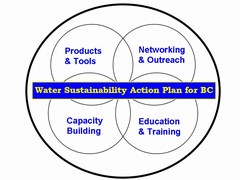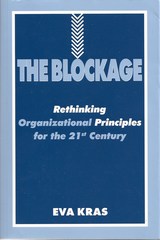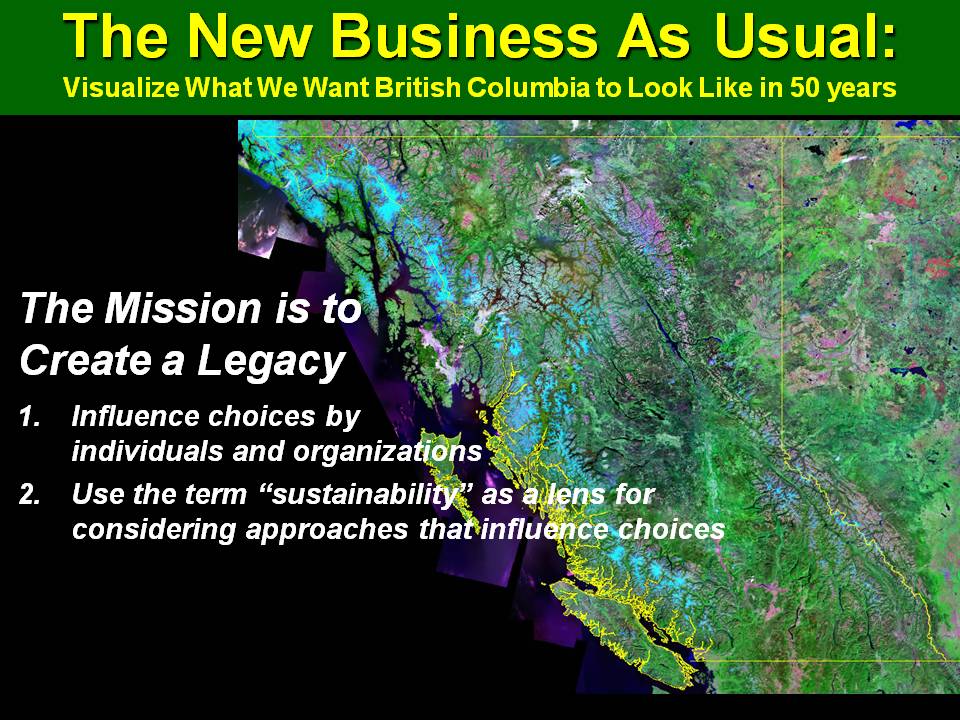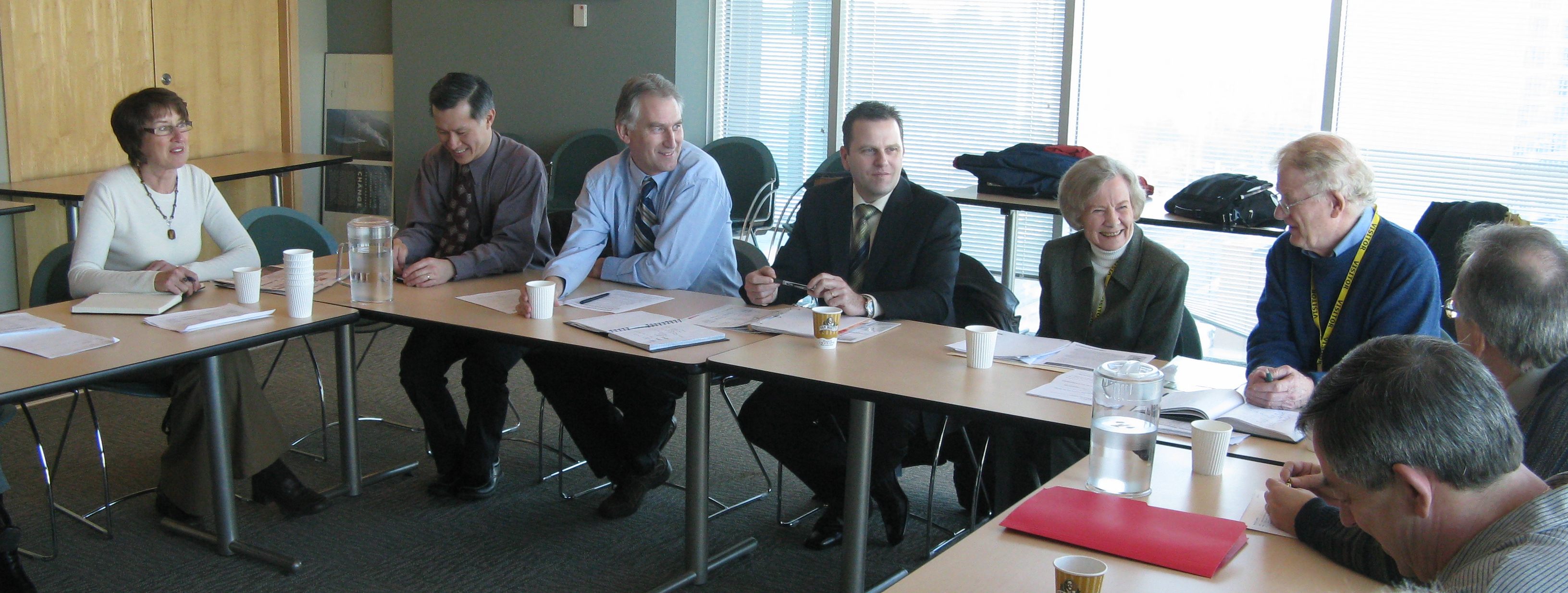Getting Ahead of the Wave: Convening for Action in British Columbia to Achieve Settlement in Balance with Ecology
FIRST ANNOUNCEMENT:
The 2009 Canadian Society of Ecological Economics (CANSEE) Annual Conference will feature panel session organized by the BCWWA Water Sustainability Committee.
The CANSEE vision is to facilitate and recognize human capacity to transform thinking in order to take concrete steps to solve the ecological , social and economic challenges we face. The CANSEE program will showcase examples or models which have worked in specific regions. The jope is that these can then be of benefit to other regions with related issues , and can be adapted. In this way progress can be made more quickly.
A Unique Partnership
North American cities are facing transformational challenges in sustainability, economy, and urban management. To provide solutions, the Canadian Society of Ecological Economics (CANSEE) is partnering with the Gaining Ground Summit team and Smart Growth BC to co-host Resilient CIties: Urban Strategies for Transition Times. This is the sixth in the series of annual events that started in Victoria, British Columbia. The 2009 conference will be held in Vancouver in October.
To Learn More:
To download a copy of the CANSEE program, click on Ecological Economics: Prosperity for a Sustainable Society.

Getting Ahead of the Wave
A featured panel session will be one organized under the umbrellla of the Water Sustainability Action Plan for British Columbia. The Province of British Columbia’s Living Water Smart and Green Communities Project provide a policy framework for convening for action in order to improve the way that land is developed and water is used.
To Learn More:
To download an Abstract for the panel session, click on Getting Ahead of the Wave: Convening for Action in British Columbia to Achieve Settlement in Balance with Ecology.
Convening for Action Explained
Convening for action means bringing together those who plan and regulate (local government), those who build (developers), those who provide the legislative framework (the Province), those who advocate conservation of resources (the stewardship sector), and those who do research (universities and colleges):
How do we align our efforts at three scales – provincial, regional and local – to do business differently, prepare communities for change, and achieve settlement in balance with ecology?
How do we simultaneously work together as staff within a municipality and as a region AND externally with the stewardship sector, developers and other private sector players, to ensure we implement sustainable approaches to development?
Applying a Water-Centric Lens
The panel session will showcase how partnerships, collaboration, innovation and integration are helping local governments in the Vancouver Island, Okanagan and Metro Vancouver regions of British Columbia apply a water-centric lens to make the best choices for sustainable, healthy and vibrant communities: This is what we want to achieve, and this is how we will get there. The importance of establishing a vision combined with practical steps to reach the goal will be emphasized.
The Convening for Action Panel Presentation Team comprises four representatives of the Water Sustainability Committee (WSC) of the British Columbia Water & Waste Association, namely: Kim Stephens, Eric Bonham, Ted van der Gulik and Mike Tanner.
About the Water Sustainability Committee
The Water Sustainability Committee is a roundtable of volunteers representing government and non-government organizations which have a specific interest or mission in implementing the Water Sustainability Action Plan for British Columbia. The Action Plan comprises inter-connected program elements that give  local governments and practitioners the tools and experience to better manage land and water resources.
local governments and practitioners the tools and experience to better manage land and water resources.
The Action Plan is founded on broad and inclusive partnerships and collaboration that reach for the common goal of sustainability. In short, all the players set their sights on the common good and challenge the old barriers of jurisdictional interests.
What is Ecological Economics?
“The Western world as we know it today is basically seated on the principles of neoclassical economic principles,” states Eva Kras, CANSEE President, and author of The Blockage. “These principles affect every facet of life, from governments, to business, to education, to many civil society organizations , to grassroots level development projects, to each of us individually in everyday life.”
 “We are mostly unaware of these principles, as they are imbedded in how we think about progress and prosperity. One simple example of this philosophy sees ecology and economics (work and progress) as separate entities, with economics dominating the world, and ecology having to fit in as an externality“.
“We are mostly unaware of these principles, as they are imbedded in how we think about progress and prosperity. One simple example of this philosophy sees ecology and economics (work and progress) as separate entities, with economics dominating the world, and ecology having to fit in as an externality“.
“Now, for the first time in modern human development we are experiencing a breakdown of our ecological environment, and we do not seem to be able to solve it using the tools (decision making methods or resources) which has seemingly solved every kind of challenge imaginable for at least three centuries. ………..Now our modern governments, businesses, schools and universities are beginning to be very concerned, and few have any idea of how to change it.”
Doing Business Differently
“One aspect is becoming very clear: There is a direct linkage between the ecological world and the man made economic world. Our modern world is now experiencing the limits of the ecological world, and it is breaking down, creating extreme challenges for the economic world ….So to come to grips with these challenges we will have to do something very different….But most think we can solve the economic man made problems by “tweaking” our conventional neoclassical model and way of thinking about the separation of economics and ecology. In other words, we can make some “add on” changes, as we have done  many times before, but let us not question the very foundation of our man made economic truths.”
many times before, but let us not question the very foundation of our man made economic truths.”
“We are already seeing some superficial benefits ecologically from this process (that is positive as a first step) , but most of the outcomes have been either short lived or ineffective in terms of getting to the root of the problems. Something else is needed.”
“This is where the principles of Ecological Economics apply: It is an attempt to help all of us realize the direct linkage between the economic and ecological worlds. Put simply, we cannot exist in the economic world if the ecological world can no longer provide its free services. What is difficult, and indeed many have not perhaps realized, is that if we accept this interdependence, then we automatically question many of the basic neo-classical economic principles (which were formed as if ecology is an external factor which will only require some minor economic adjustment from time to time).”
Moving from Talk to Action
“The emphasis in the Vancouver Conference is moving from looking at “what has gone wrong” to “how do we fix it.” This means that , in the science-based papers, and especially the panels, we would like to see a focus on either case studies or experiences which can show the participants what people are actually doing to help, and also the methodology in achieving positive results. It is hoped that this conference will lead to more people becoming interested in real participation in this movement towards sustainability ( that is believing in the connection between ecology and economics for a positive future).”
“It certainly appears that the British Columbia Water Sustainability Action Plan has had some valuable experiences in different areas and projects, which could be of great assistance in encouraging participants to see that “it is possible to do something positive”, and to definitely encourage increased involvement at all levels.”
To Learn More:
To learn more about Action Plan accomplishments, click on Smart Planning & Living Water Smart – Approaches & Tools for Doing Business Differently in BC —- Convening for Action at the 2009 Annual Conference of the BC Water & Waste Association.
About Eva Kras
Eva Kras is a Canadian Citizen, a trans-cultural management specialist, author and part-time professor with twenty-five years of experience who has worked and lived  in Mexico, South America and Europe. Her principal areas of work involve trans-cultural management adaptations and sustainable development in trans-cultural organizations. She speaks several languages and has published five books in the US and Mexico related to her major areas of interest. One of these is the respected book, Management in Two Cultures.
in Mexico, South America and Europe. Her principal areas of work involve trans-cultural management adaptations and sustainable development in trans-cultural organizations. She speaks several languages and has published five books in the US and Mexico related to her major areas of interest. One of these is the respected book, Management in Two Cultures.
To Learn More:
To read about a series of presentations that Eva Kras made in BC in January 2009, click on Visiting scholar, traveler, visionary and author Eva Kras provides a trans-cultural perspective on “The Search for Sustainability” in meetings with British Columbians.




